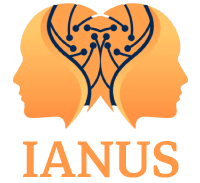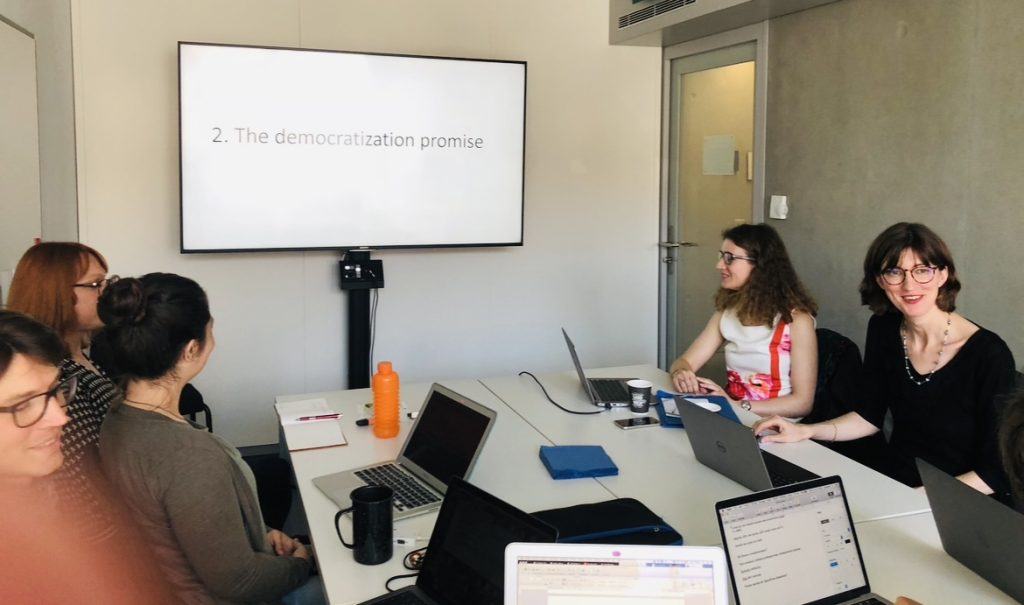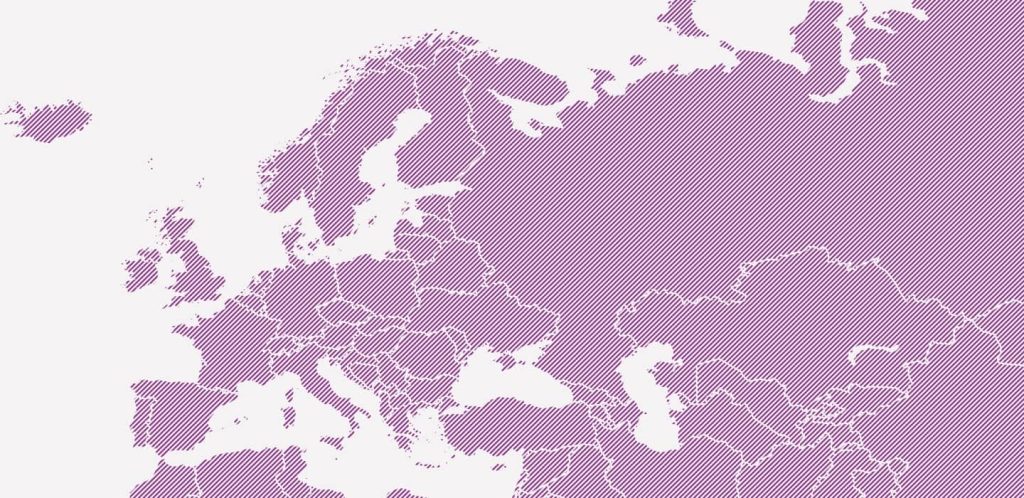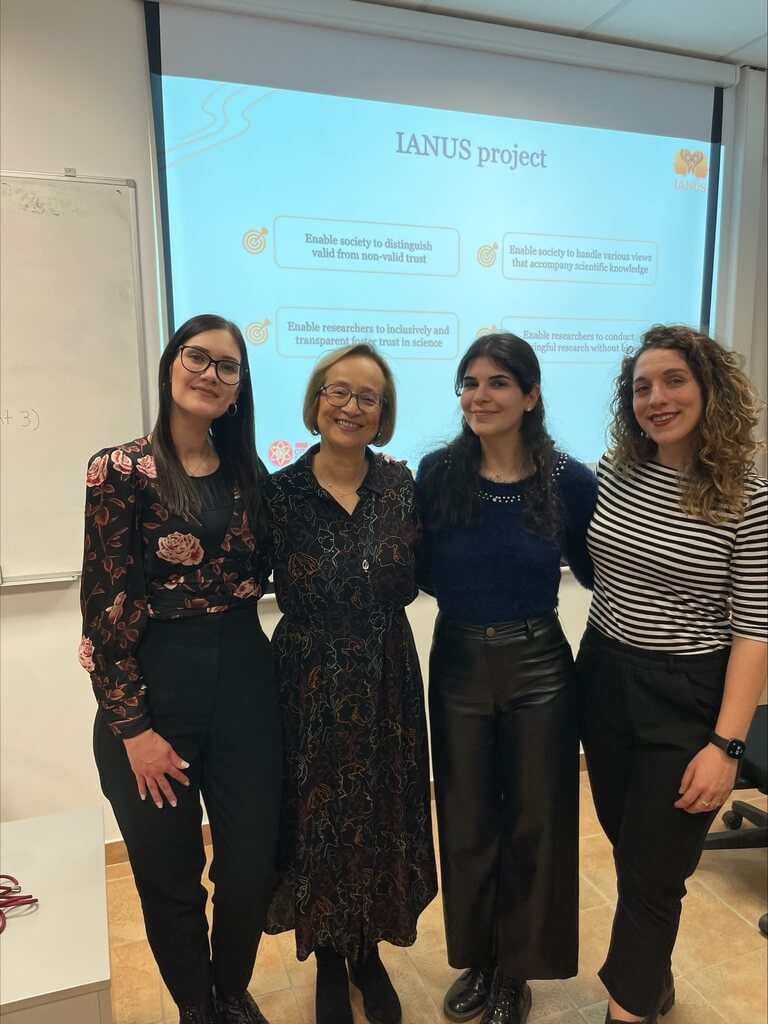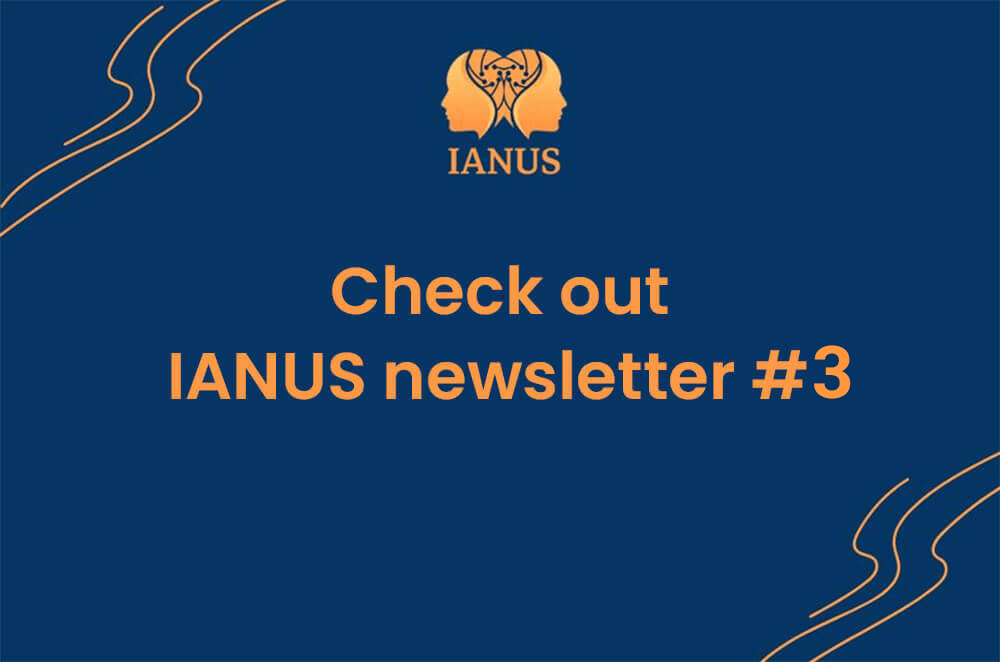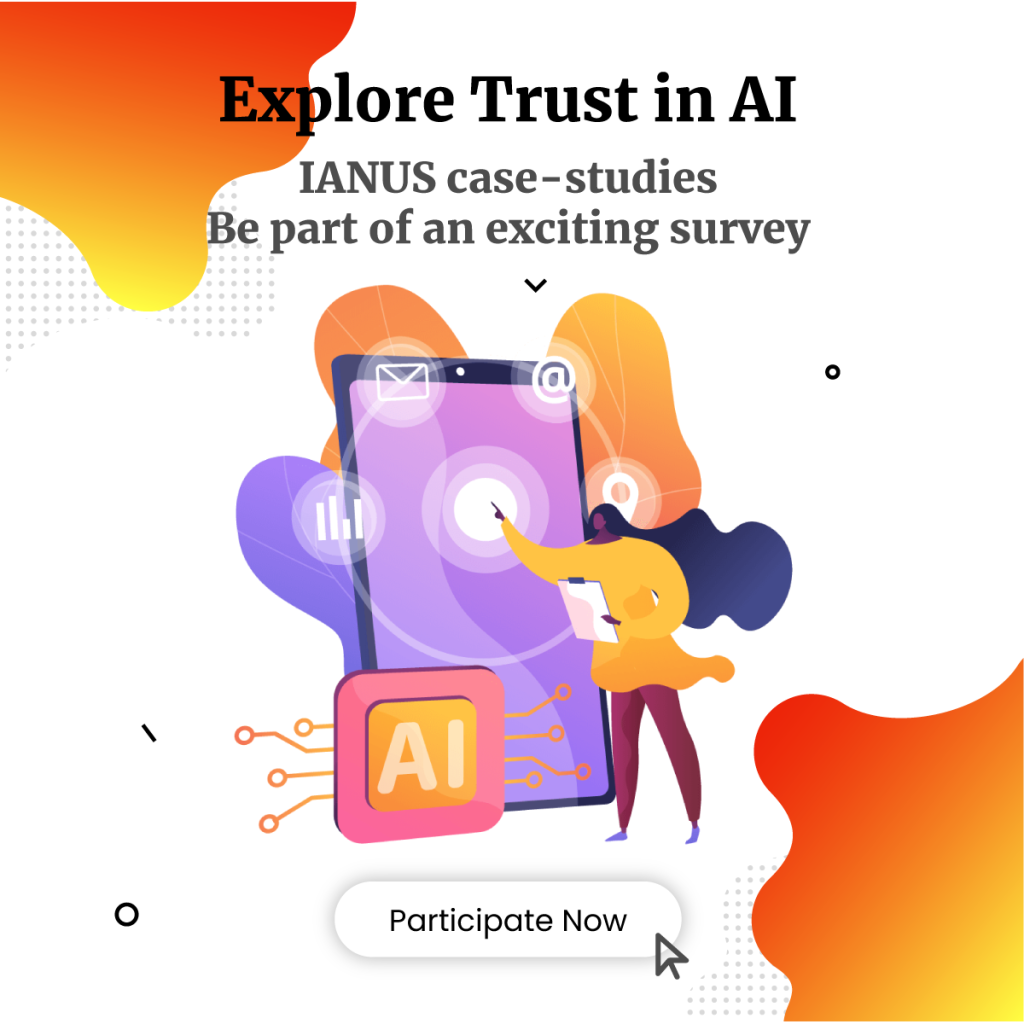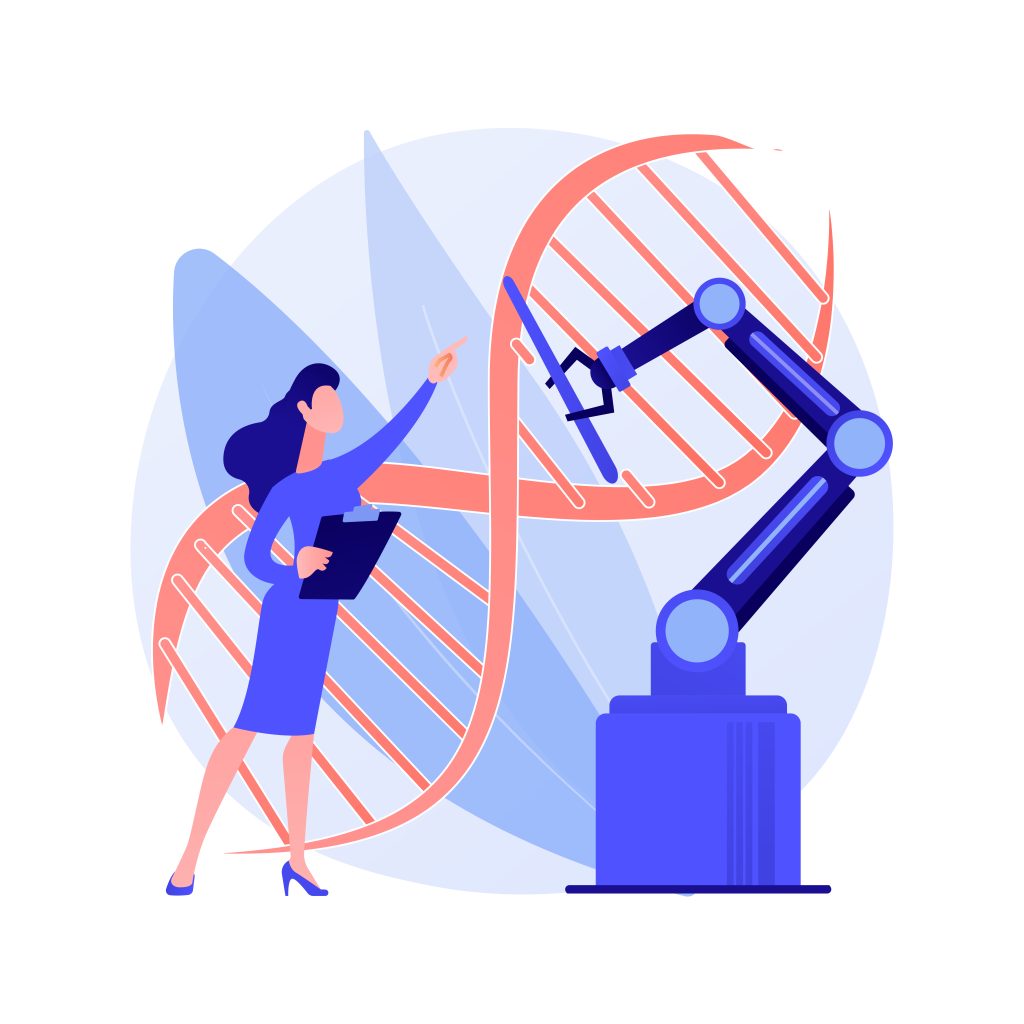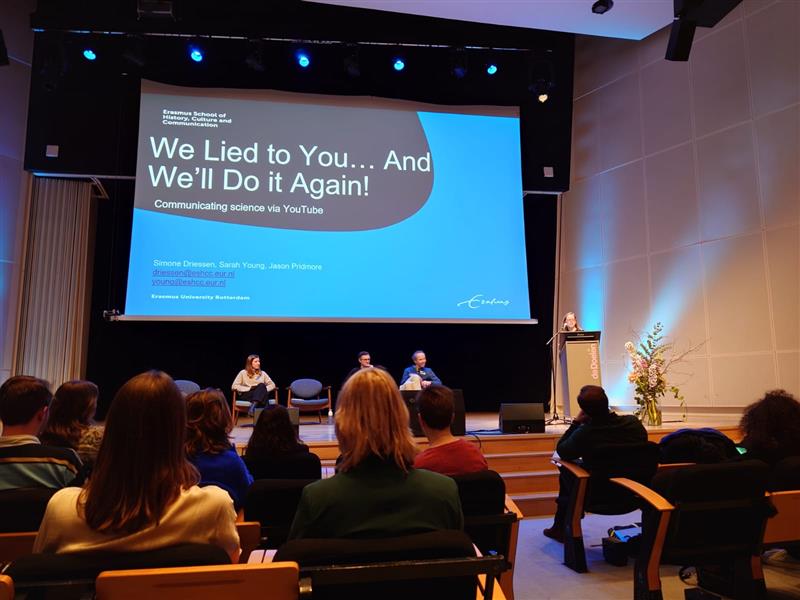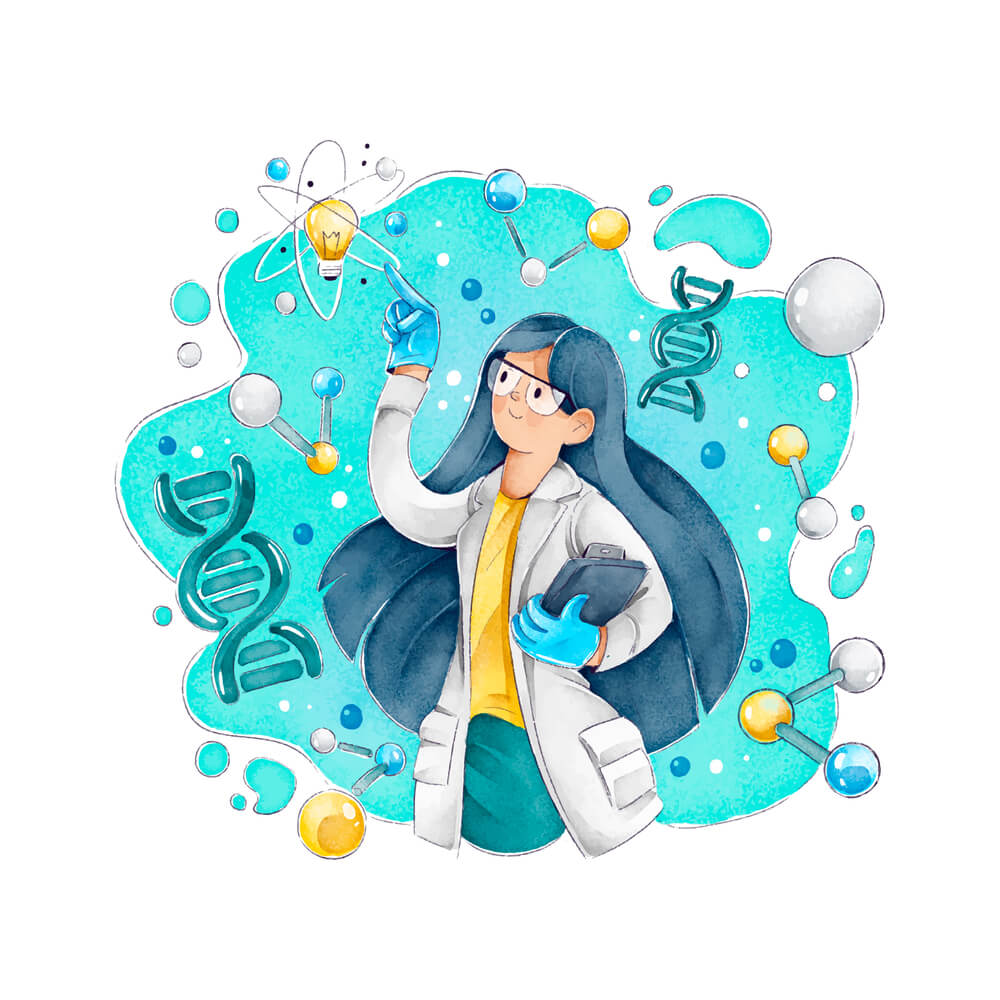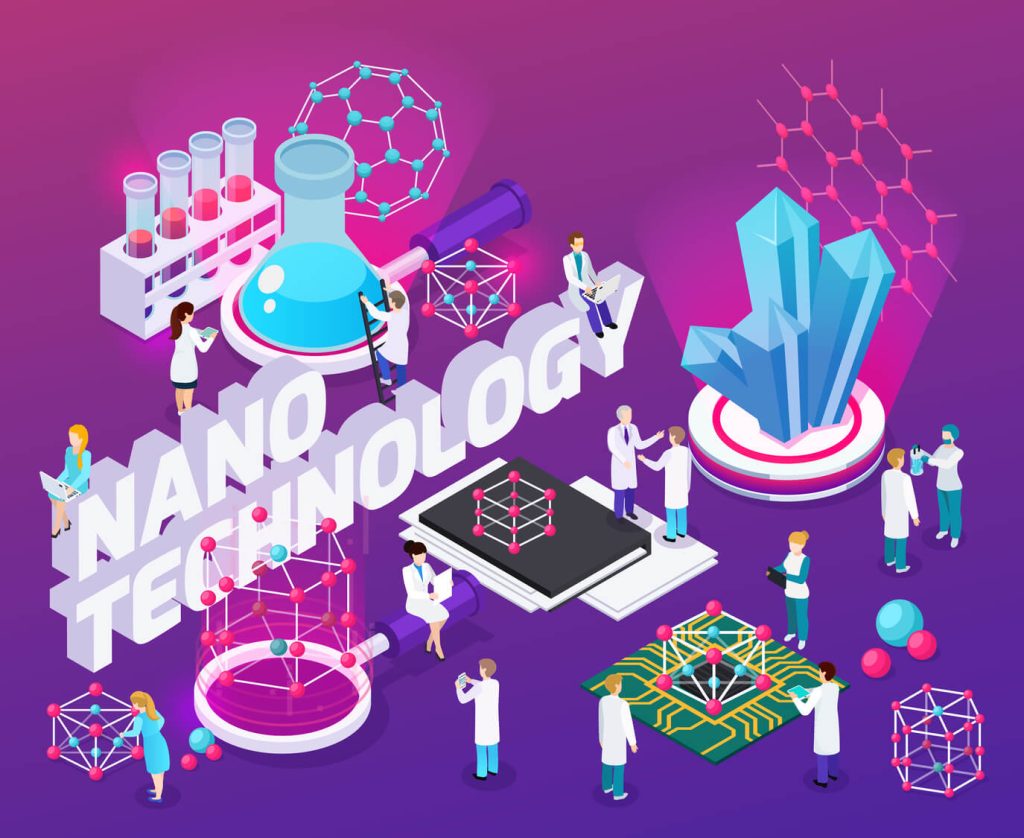IANUS Media Panels: Exploring trust in science communication
The IANUS Media Panels are an integral part of IANUS’ interest in understanding and improving trust in science communication. In a world where media coverage profoundly shapes public perceptions of science, fostering trust and addressing mistrust is of paramount importance. Therefore, IANUS is dedicated to engaging science journalists and communication professionals, recognizing them as key […]
IANUS Media Panels: Exploring trust in science communication Read More »
